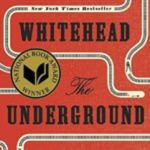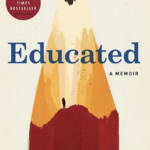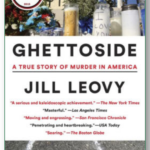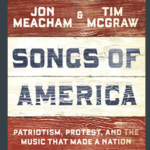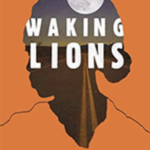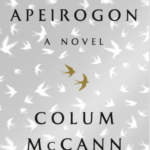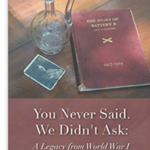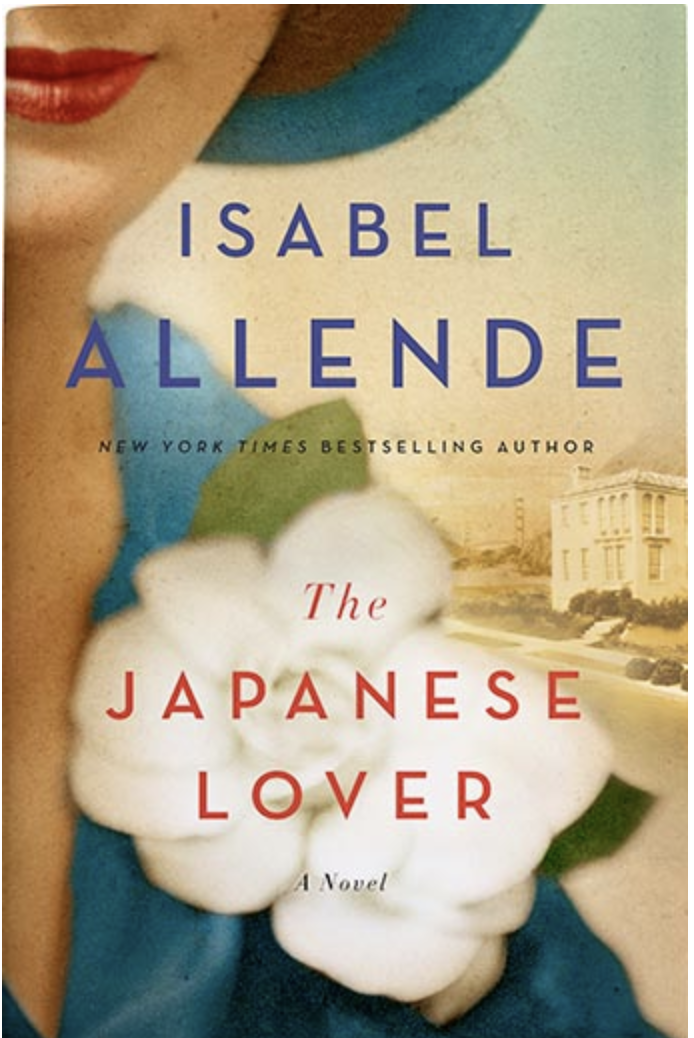July 11th, 2021 — 6:10pm
Red Island House by Andrea Lee
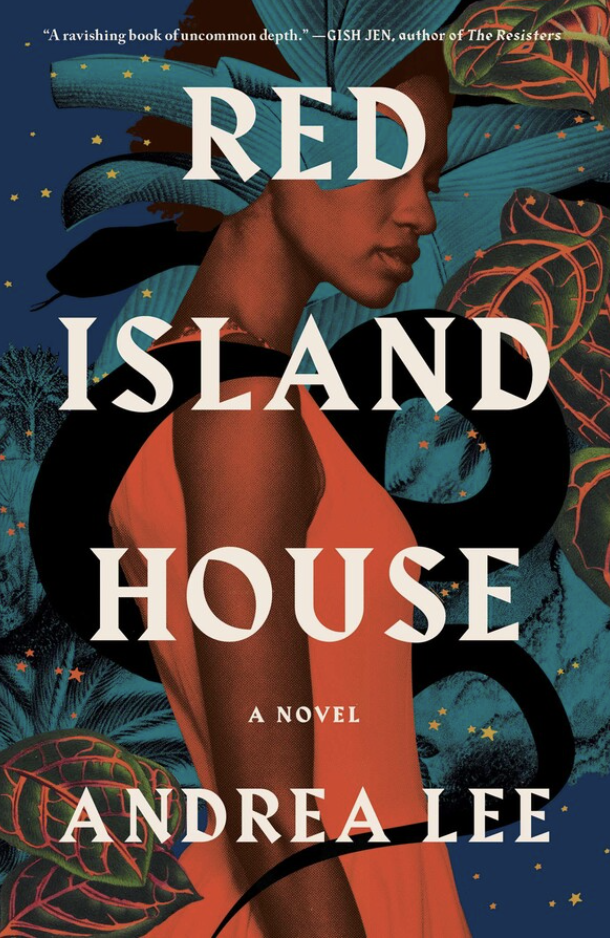 A black American woman professor marries an Italian business man and they build a vacation hotel on an island off the coast of Madagascar Africa. They spend part of the year at this house where they entertain guests, vacationers, as well as family members. They develop a relationship with the staff of the Red Island House. The reader becomes acquainted with many of these people including the various activities that go on not only at the hotel but on the island. This includes prostitution of young girls with older men and a very busy night club scene.
A black American woman professor marries an Italian business man and they build a vacation hotel on an island off the coast of Madagascar Africa. They spend part of the year at this house where they entertain guests, vacationers, as well as family members. They develop a relationship with the staff of the Red Island House. The reader becomes acquainted with many of these people including the various activities that go on not only at the hotel but on the island. This includes prostitution of young girls with older men and a very busy night club scene.
Before I go further, I must admit that had I not been reading this book for a book club, I would have backed out and probably would not have finished the book. Not only did I find much of the plot not interesting and repetitive but I found the vocabulary annoying in that I did not know the meaning of various words and I had to tap my Kindle to bring up the meaning, although I might have guessed them by the context (I will give examples later on).
Basically, the book follows the two main protagonists husband Senna and wife Shay (for some reason I thought their names should have been switched) throughout their life time and while I might not identify with their life experience, I did appreciate how the aging process was depicted. In my opinion. Th e most emotionally moving part of the book was where Bertine, one of the senior staff who has known the owners for many years passes away. The impact on Shay and her reminisces was very well done .
I thought any reader of this review might find it interesting to see a sampling of the words I had to look up and how I probably could guess the meaning of some of them from the context:
Maputo- unbelievable Maputo moves
manioc – manioc patches
tsingy grin – tsingy grin at the sky
pinon-watching snow melt on a pinon
memsahib- how a proper memsahib does things
palimpsest- palimpsest of tribal conflicts
crepuscular- directed towards a crepuscular lost dimension of history
bourn – a bourn has been crossed
moraingy- prostitutes moraingy boxers
louche- from the louche life which he was torn
schusses – schusses of the truck
congeries – congeries of discolored huts
lapidary – lapidary prose style
gibe- a word used as a gibe
salegy – a popular salegy trio
vazaha – a vazaha can’t understand
lambas – a woman’s lambas like flag
Comment » | FG - Fiction General
November 19th, 2013 — 1:03am
 Americanah by Chimamanda Ngozi Adichie This is a novel about Ifemelu an attractive bright young woman who grows up in Lagos, a city in Nigeria. She falls in love with Obinze and they seem to be a perfect pair meant for each other. However like many educated young people from Nigeria she is driven to explore horizons beyond her environment and finds a way to come to America. We are able to follow her on this at times torturous journey. We come to understand her relationships with the people that she meets and her love life with several men as well as her career which includes, not surprisingly, being a writer and eventually a blogger. We see through her eyes how she is viewed by Americans both black and white and the distinctions that she draws between Non-African Black and African Black. The reader gains thoughtful and at times jolting insights into the complexities of the meaning of what might be considered an incidental task and that is how she decides to have her hair done. Ifemelu’s decision to return to Nigeria allows the reader to gain a further prospective on some of the views of her countrymen and women towards America as well as her view of her country based on her years of living in the U.S. Make no mistake, Ifemelu the main character should not be considered a stereotype of Africans or even of Nigerians. She is a product of her environment and all the experiences to which she has been exposed. Her life and the choices which she makes can be understood and identified with by many of the readers from different backgrounds. The idea that there is no single story for one group of people is something very important to the author.
Americanah by Chimamanda Ngozi Adichie This is a novel about Ifemelu an attractive bright young woman who grows up in Lagos, a city in Nigeria. She falls in love with Obinze and they seem to be a perfect pair meant for each other. However like many educated young people from Nigeria she is driven to explore horizons beyond her environment and finds a way to come to America. We are able to follow her on this at times torturous journey. We come to understand her relationships with the people that she meets and her love life with several men as well as her career which includes, not surprisingly, being a writer and eventually a blogger. We see through her eyes how she is viewed by Americans both black and white and the distinctions that she draws between Non-African Black and African Black. The reader gains thoughtful and at times jolting insights into the complexities of the meaning of what might be considered an incidental task and that is how she decides to have her hair done. Ifemelu’s decision to return to Nigeria allows the reader to gain a further prospective on some of the views of her countrymen and women towards America as well as her view of her country based on her years of living in the U.S. Make no mistake, Ifemelu the main character should not be considered a stereotype of Africans or even of Nigerians. She is a product of her environment and all the experiences to which she has been exposed. Her life and the choices which she makes can be understood and identified with by many of the readers from different backgrounds. The idea that there is no single story for one group of people is something very important to the author.
After I completed this book, I wanted to know to know more about the author.I found this video clip of Ngozi Adichie giving the prestigious TED lecture. I highly recommend it to anyone who may be considering spending time with this novel as it will give you an idea of intelligence and thoughtfulness of the author
The link is :
http://www.ted.com/talks/chimamanda_adichie_the_danger_of_a_single_story.html?quote=559
There was a passage in the book which was one of several blogs written by Ifemelu, which struck me as a clear descriptions of racism in America. While it is only a small part of the book, I thought it was worth repeating and using it to demonstrate the value of reading this book:
Understanding America for the Non-American Black: A few Explanations of What Things Really Mean
1-Of all their tribalisms, Americans are most uncomfortable with race, If you are having a conversation with an American, and you want to discuss something racial that you find interesting, and the American says, “ Oh, it’s simplistic to say it’s race, racism is so complex,” it means they just want you to shut up already, Because of course racism is complex. Many abolitionists wanted to free the slaves but didn’t want black people living nearby. Lots of folk today don’t mind a black nanny or black limo driver. But they sure as hell mind a black boss. What is simplistic is saying “It’s so complex.” But shut up anyway, especially if you need a job/favor from the American in question.
2. Diversity means different things to different folks. If a white person is saying a neighborhood is diverse, they mean nine percent black people (the minute it gets to ten percent black people, the white folk move out.) If a black person says diverse neighborhood, they are thinking forty percent black.
3. Sometimes they say “culture” when they mean race. They say a film is “mainstream” when they mean “white folks like it or made it,” When they say “urban” it means black and poor and possibly dangerous and potentially exciting. “Racially charged” means we are uncomfortable saying “racist.”
Comment » | FG - Fiction General, FR - Fiction Romance
 A black American woman professor marries an Italian business man and they build a vacation hotel on an island off the coast of Madagascar Africa. They spend part of the year at this house where they entertain guests, vacationers, as well as family members. They develop a relationship with the staff of the Red Island House. The reader becomes acquainted with many of these people including the various activities that go on not only at the hotel but on the island. This includes prostitution of young girls with older men and a very busy night club scene.
A black American woman professor marries an Italian business man and they build a vacation hotel on an island off the coast of Madagascar Africa. They spend part of the year at this house where they entertain guests, vacationers, as well as family members. They develop a relationship with the staff of the Red Island House. The reader becomes acquainted with many of these people including the various activities that go on not only at the hotel but on the island. This includes prostitution of young girls with older men and a very busy night club scene.
